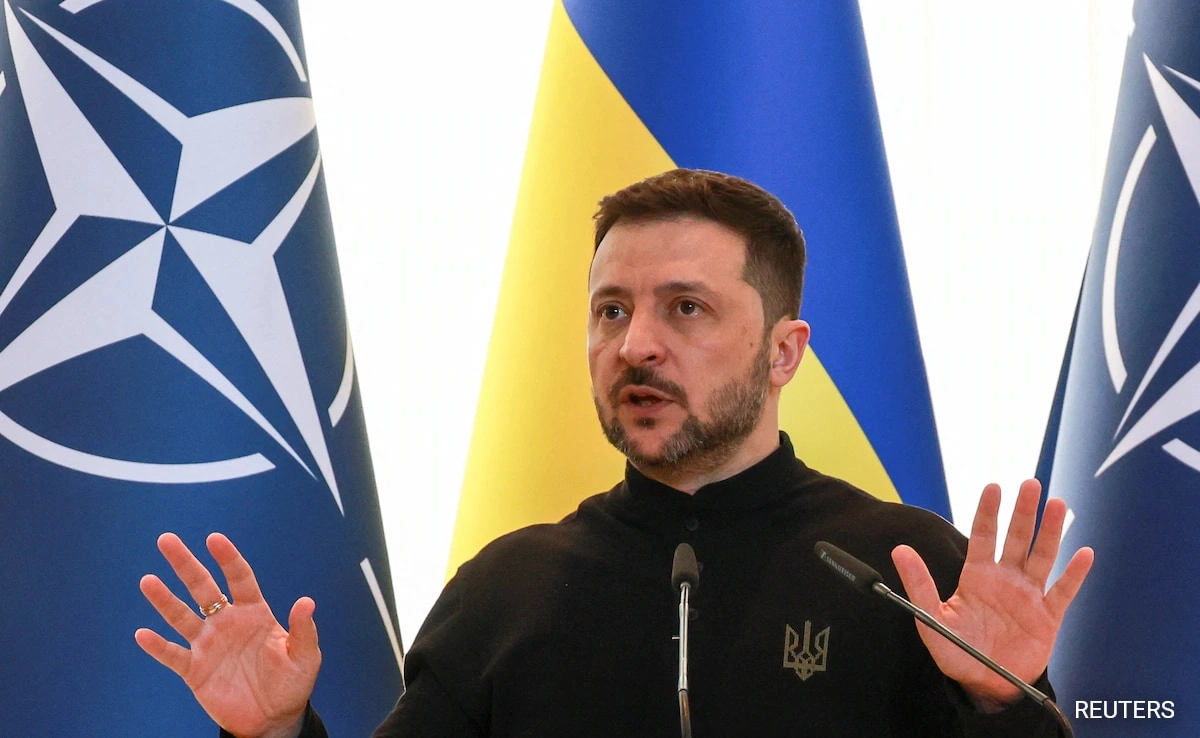In a significant shift in foreign policy, former President Donald Trump has signed an executive order lifting sanctions on Syria. This decision marks a pivotal moment in U.S.-Syria relations, which have been strained for years due to the ongoing civil war and the Assad regime’s human rights abuses. The sanctions had been imposed to pressure President Bashar al-Assad to end his violent crackdown on dissent and to seek a resolution to the conflict that has devastated the country and led to a humanitarian crisis. By reversing these sanctions, the Trump administration appears to be prioritizing diplomatic engagement over punitive measures, potentially opening the door for renewed dialogue with the Assad government.
Critics of the decision argue that lifting sanctions could undermine international efforts to hold the Assad regime accountable for its actions during the war. The U.S. and its allies have long sought to isolate Assad diplomatically and economically, aiming to bring about a political solution that would end the violence and allow for the reconstruction of Syria. Detractors fear that easing sanctions might embolden the regime, giving it the resources and legitimacy to continue its oppressive practices without facing the consequences. Moreover, the move raises concerns among humanitarian organizations that rely on international support to provide aid to the millions of Syrians affected by the conflict.
Supporters of the order contend that lifting sanctions could facilitate much-needed humanitarian assistance to the Syrian people, who have suffered immensely over the past decade. They argue that the sanctions have disproportionately affected ordinary citizens rather than the Assad regime itself, exacerbating the already dire situation. By re-engaging with Syria, proponents believe the U.S. could help stabilize the region and pave the way for future negotiations that might lead to a more peaceful resolution. This approach emphasizes the need for a balanced strategy that considers both humanitarian needs and the complexities of geopolitical relations in the Middle East.
As the implications of this decision unfold, it remains to be seen how other nations, particularly those with vested interests in the region, will respond. The lifting of sanctions could alter the dynamics of power in the Middle East, prompting reactions from countries like Russia and Iran, which have supported the Assad regime throughout the conflict. Additionally, the impact on U.S. alliances and its standing in international forums will be closely monitored. The decision is emblematic of the broader challenges facing U.S. foreign policy, where the balance between moral imperatives and strategic interests often leads to contentious debates among policymakers and the public alike.




